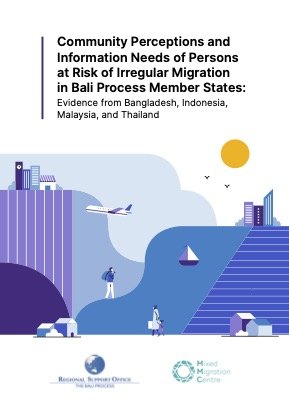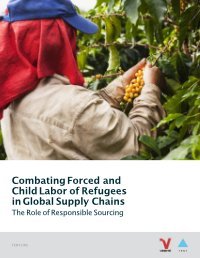By Grant Miller, et al.
Globally, coercive labor (i.e., forced, bonded, and/or trafficked labor) and child labor are disproportionately prevalent in environments with weak regulatory enforcement and state capacity. Effective strategies for addressing them may therefore need to align with the private incentives of business owners, not relying on government action alone. Recognizing this, we test a ‘business case’ for improving work conditions and promoting human rights using a randomized controlled trial across nearly 300 brick kilns in Bangladesh. Among study kilns, rates of coercive and child labor are high: about 50% of sampled workers are trafficked, and about 70% of kilns use child labor. Our experiment introduced a production method that increased kiln productivity and revenue, and we test if these productivity gains in turn increase worker “compensation” (including better work conditions). Because adoption of the method requires important changes in worker routines, we also test if providing information to kiln owners about positively incentivizing workers to enhance adoption (and hence business revenue) can lead to better work conditions. We find no evidence that productivity gains alone reduced labor trafficking or child labor, but adding the information intervention reduced child labor by 25-30% without reducing revenue or increasing costs.
Working Paper No. wp2066 Stanford University, King Center on Global Development, 2024. 58p.




